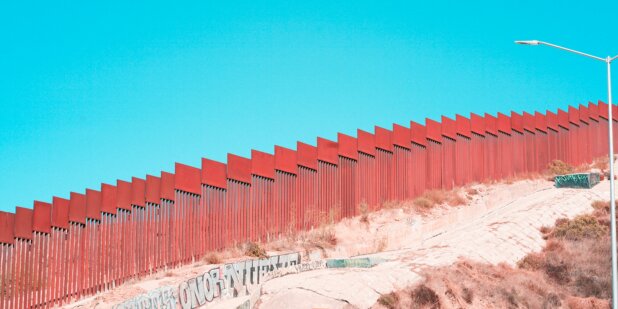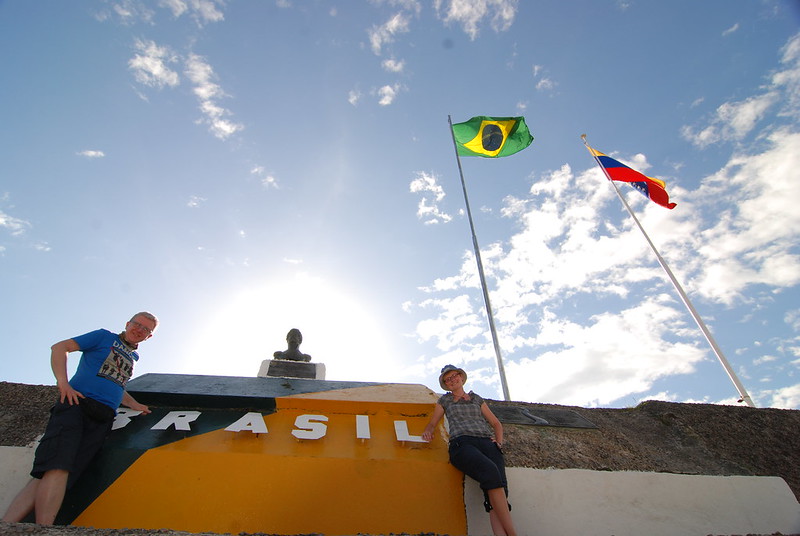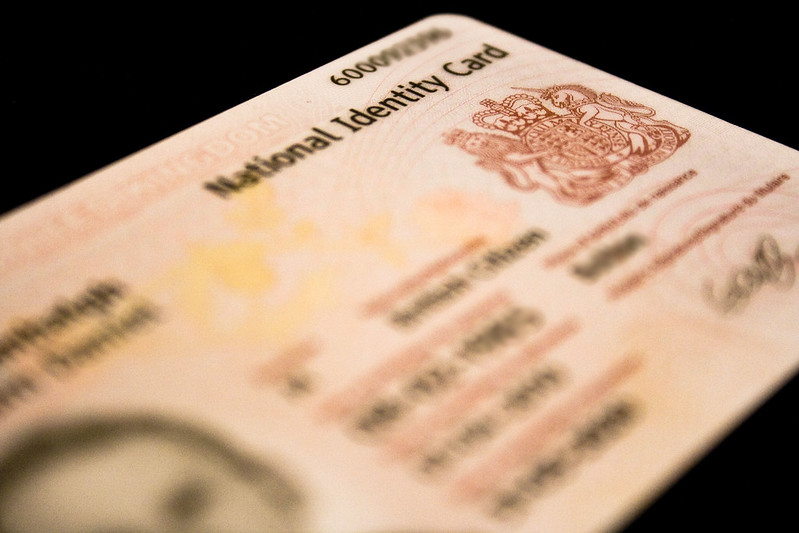- About
- Topics
- Picks
- Audio
- Story
- In-Depth
- Opinion
- News
- Donate
-
Signup for our newsletterOur Editors' Best Picks.Send
Read, Debate: Engage.

As there is no stretch of land that is not considered part of a country, every human being has a country of birth. Even Antarctica, the only continent not consistently inhabited by humans, is governed by twelve states. And yet, millions of people are not considered nationals of any country and have a status of statelessness.
Statelessness is the lack of a recognised nationality in any country, according to the first Article of the 1954 United Nations convention, and comes with the consequence of not having social or legal belonging in any nation or society.
“Just because we were born or our parents were born in a certain place doesn’t mean that we are entitled to membership as citizens in that place,” says Fiorella Rabuffetti, an Uruguayan-born social scientist at the University of Ottawa, Canada, who has specialised on issues relating to statelessness.

© Gosia Malochleb
There are differences not only in how individual states define citizenship and draft their laws accordingly, but also in the practical implementation of these laws. When a person or group lacks legal citizenship, it is considered de jure statelessness. On the other hand, de facto statelessness occurs when people are legally considered nationals, but do not receive the proper treatment due to citizens.
On the other hand, there are also cases in which people legally have a nationality, but do not receive access to the rights, especially protective rights, that actually constitute nationality.
"Such people are de facto stateless, even though they have a de jure nationality," explains Rabuffetti. De facto statelessness, however, is not defined in any legal instrument or convention, and therefore does not receive the same attention or aid as de jure statelessness.
In many cases, refugees, for example, qualify for that status of de facto statelessness because they usually do have a nationality, but cannot access the protection granted by states because they just fled their country illegally. “These cases show that there is a close connection between refugees and statelessness,” Rabuffetti says.
The situation of de facto statelessness was ignored in the UN Convention drawn up in 1954, as well as in the Convention for the Reduction of Statelessness adopted in 1961, with the result that some people who have no official refugee status, but are in fact stateless, were not taken into account.
This is the case, for example, with many internally displaced persons who have not crossed a state border - a condition for being recognised as refugees - but who cannot claim any civil rights from their home country.
Such people are neither recognised as refugees nor as stateless persons, and are therefore without any protection although they live in their homeland. This situation applies to many oppressed minorities, such as the Rohingya in Myanmar or the Bedoon in Kuwait.
This points to a difference in definition between in situ statelessness - people who have not left their country of origin - and migrant statelessness, which becomes a very important differentiation for these people to overcome their situation.
Being a citizen of a state comes with certain rights, like the right to employment, education, housing, healthcare and a passport. Stateless people often lack access to some or all of those rights, which makes their lives very difficult within their home country, while also denying them the opportunity to leave it.
It is extremely challenging to measure the phenomenon of statelessness, as many of those people, lacking legal status, live off the grid: many of them cannot even obtain a bank account or a mobile phone. The UNHCR estimates that there are between 10 and 15 million stateless people worldwide, about one-third of whom are estimated to be children.
The reasons for being or becoming stateless are multifold. It often comes with the question of documentation, such as birth registration, to prove their identity as well as the identity of their parents, their place of birth, among other reasons.
It can also come with the problem of having the right documents. There are many cases where stateless people actually do have documents that prove their identity, but the respective governments require different documents or interpret those documents in an incompatible way.

However, statelessness is not solely defined by a lack of legal documents. On the contrary, in some cases governments issue documents to members of communities in order to identify them, single them out and further oppress them. Stateless people who engage in activism to help their situation are often targeted this way.
In Kuwait, for example, Bedoon people are given “security cards” to identify them and are therefore counted as “illegal” migrants instead of stateless people to prevent them from receiving international aid.
Illiteracy and poverty also play a role in statelessness, as some people do not understand the importance of receiving identification documents, or do not receive them when they are born outside of hospitals. In other cases, people who are mistrustful of the government choose to not register their children in order to protect them from the authorities.
Statelessness also occurs following the dissolution of a country, as when the former Yugoslavia was separated into several countries, each of which implemented their own regulations for applying for citizenship.
They eventually tried to form new states that were as homogeneous as possible in an ethnic sense and made it difficult or impossible for “undesirable groups” to become citizens.
Christiana Bukalo, a Munich-born student of communication science, says that her statelessness is inherited. “My parents have a West African background, but never had any citizenship.” Without identity papers from one’s parents, one's own origins cannot be completely documented.
Lacking citizenship, she was unable to start studying at a German university, she could only take part-time dual studies at a technical university. Her passport says XXX under nationality, which means "status unclear.”
In 2021 she founded Statefree, an association that offers stateless people a platform to exchange information and mutual help. The association has recently achieved its first major success as the German federal government, which recently announced a reform of its citizenship law, has appointed "Statefree" to an external advisory board that takes statelessness into account for its policies.
Moussa M'Barek has also approached Statefree. Like Christiana Bukalo, he inherited his stateless status from his parents. He is a Tuareg, one of the once-nomadic Berber tribes of North Africa who were tolerated but never respected under the rule of Libyan dictator Muammar al-Gaddafi. Unable to provide a birth certificate, he could not register as a Libyan citizen. In 2016, he fled to Italy on an overcrowded refugee boat, and from there made his way to Germany.
Now he lives in Dresden and makes a living as an artist. And like Christiana Bukalo and the thousands of other stateless people in Germany, he is also hoping for a reform of immigration law - and for a German passport.
For an exhibition literally on the border between Germany and Switzerland at Lake Constance, German photographer Florian Schwarz has portrayed dozens of stateless people. "The life stories that these people told me are simply unbelievable," Schwarz recalls. "The hurdles that the bureaucracy puts in their way are almost unbearable."